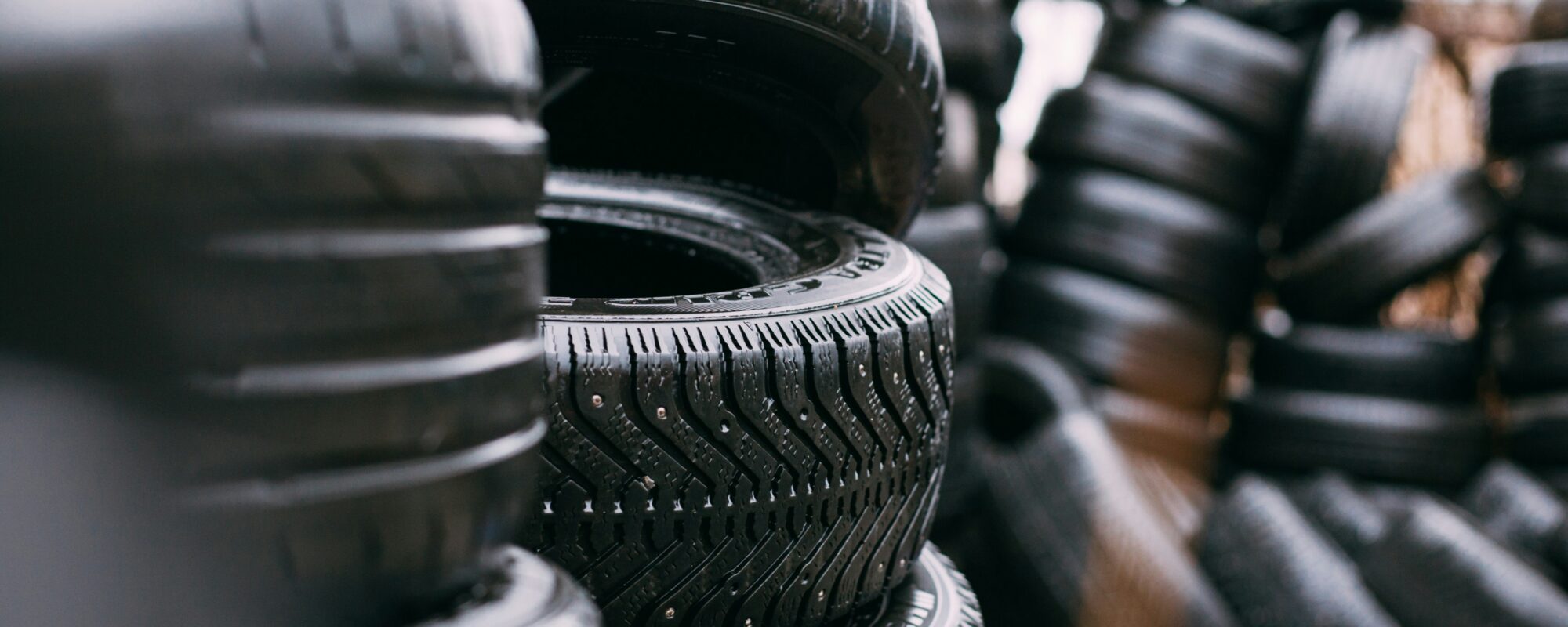Maximizing Mileage: Expert Tips on Tyre Rotation and Alignment
In the quest for optimal vehicle performance and longevity, two often overlooked yet crucial aspects are tyre rotation and alignment. Proper attention to these elements not only maximizes the mileage you get out of your tyres but also enhances fuel efficiency and safety. Understanding and implementing expert tips on tyre rotation and alignment can significantly extend the life of your Mobile Tyres and improve your driving experience.
#### The Importance of Regular Tyre Rotation
Tyre rotation is the process of changing the positions of your vehicle’s tyres to ensure even wear. Different driving patterns and weight distributions can cause tyres to wear unevenly, which can lead to decreased performance and a shorter lifespan for your tyres. Regular rotation helps to distribute wear more evenly, which can:
– Extend the life of your tyres
– Improve gas mileage
– Enhance road grip and safety
– Maintain balanced handling
Experts recommend rotating your tyres every 5,000 to 8,000 miles, though it’s a good idea to consult your vehicle’s owner’s manual or a professional tyre service for specific guidance.
#### Understanding Tyre Alignment
Tyre alignment, also known as wheel alignment, involves adjusting the angles of the wheels so that they are set to the car manufacturer’s specifications. Proper alignment ensures that your vehicle handles correctly and that your tyres wear evenly and last longer. Misalignment can result from hitting a pothole, bumping into a curb, or due to general wear and tear. Signs that your vehicle may need an alignment include:
– Uneven tyre wear
– The vehicle pulling to one side
– A steering wheel that is off-center when driving straight
– Vibration in the steering wheel
Ensuring your vehicle’s alignment is checked and corrected as needed can lead to:
– Increased fuel efficiency
– Improved handling and safety
– Prolonged tyre life
#### Expert Tips for Tyre Care
- **Stay Informed**: Be aware of the recommended rotation pattern for your vehicle, which can vary depending on whether your car is front-wheel, rear-wheel, all-wheel, or four-wheel drive.
- **Regular Checks**: Inspect your tyres and wheel alignment regularly. Look for signs of uneven wear, and have your alignment checked if you experience any handling issues.
- **Maintain Correct Pressure**: Always keep your tyres inflated to the manufacturer’s recommended levels. Incorrect tyre pressure can lead to premature wear and decreased fuel efficiency.
- **Professional Assistance**: While some maintenance tasks can be DIY, tyre rotation and alignment typically require professional equipment and expertise. An experienced technician can ensure that your vehicle is properly serviced according to its specific needs.
- **Record Keeping**: Keep a log of tyre maintenance activities, including rotation and alignment. This can help you track the health of your tyres over time and identify potential issues early.
By prioritizing tyre rotation and alignment, you not only ensure a smoother, safer ride but also maximize the mileage and performance of your tyres. Regular maintenance, coupled with professional expertise, can substantially extend the life of your tyres and contribute to overall vehicle health.


